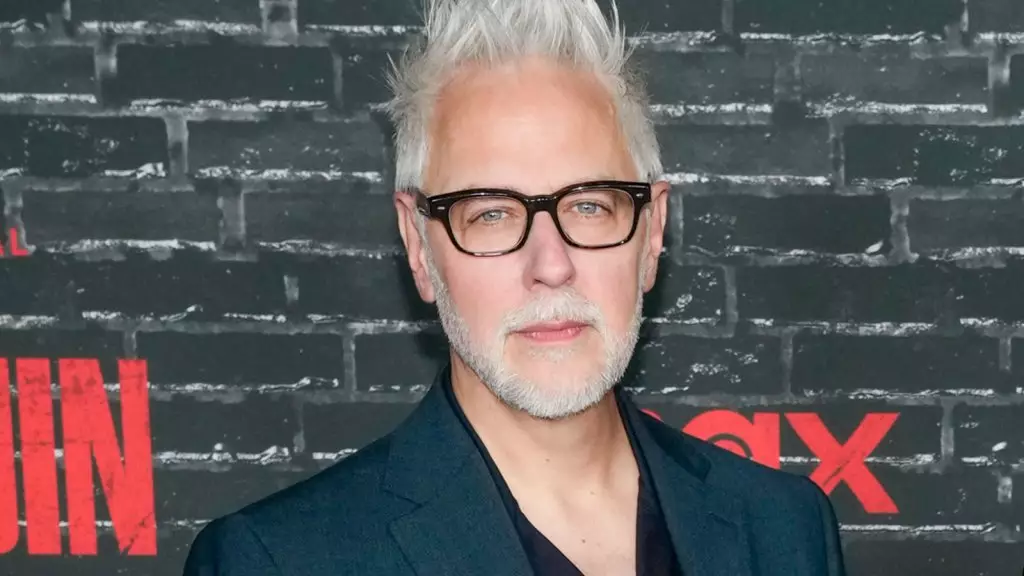As the DC Universe (DCU) embarks on a new odyssey with its Gods and Monsters phase, excitement is building among fans and analysts alike. At the helm is James Gunn, who, with a blend of audacity and creativity, is poised to redefine what superhero cinema can entail. Just as he prepares to roll out high-profile projects such as *Superman* and the much-anticipated *Peacemaker* Season 2, he is tantalizingly hinting at a mysterious passion project that has yet to be unveiled. The mere thought of Gunn’s “favorite thing” being part of this universe raises both eyebrows and hopes—a testament to his unique ability to blend humor, intensity, and profound storytelling.
The Shadow of Innovation
However, the inventive energy surrounding Gunn’s upcoming projects is mingled with a more sobering reality; the fear of intellectual theft looms large over the creative process. With a landscape where original concepts can easily be hijacked, Gunn’s caution regarding project announcements underscores a growing concern in the entertainment industry. One cannot help but feel a sense of irony—how can true creativity flourish in an environment that is so easily threatened? This paradox has implications that extend beyond the screen and into the hearts of creators struggling to maintain their artistic integrity.
Gunn has spoken about the meticulous nature of his scriptwriting process, with multiple projects being developed in secrecy to avoid ravenous competitors eager to replicate even the slightest hint of brilliance. While this anxiety is palpable, it’s also a reminder of the fierce competition in the entertainment sector, where ideas can be siphoned off like corporate currency. The excitement for what’s to come must be tempered with the acknowledgment of the challenges faced by visionary creators—a conflict that could stifle innovation if left unchecked.
The Road Ahead
That said, the prospects of the DCU under Gunn and co-CEO Peter Safran are undeniably thrilling. They are tasked with crafting a coherent and engaging universe that resonates with an audience ready for more than just surface-level entertainment. The commitment to character depth, narrative richness, and aesthetic integrity foreshadows a cinematic renaissance that, while rife with challenges, could result in storytelling that is not only entertaining but thought-provoking.
Moreover, this shift aligns with a broader trend in the entertainment landscape where audiences are increasingly drawn to narratives that explore complex moral landscapes and nuanced characters. Gunn’s acknowledgment of his favorite undisclosed project hints at a deeper ambition—the desire to elevate superhero storytelling beyond clichés and tropes can be transformative.
What remains undeniable, however, is that the heart of this transformation lies in the ability of creators to safeguard their visions while still fostering a culture of creativity and collaboration. It is clear that the success of the DCU’s next chapter depends not only on compelling narratives and iconic characters but also on the courage to navigate the treacherous waters of originality in a highly commoditized space. Thus, as we watch the DCU evolve, we must also reflect on the implications of creativity amid the challenges of imitation—a narrative fraught with risk yet ripe with potential.

Leave a Reply